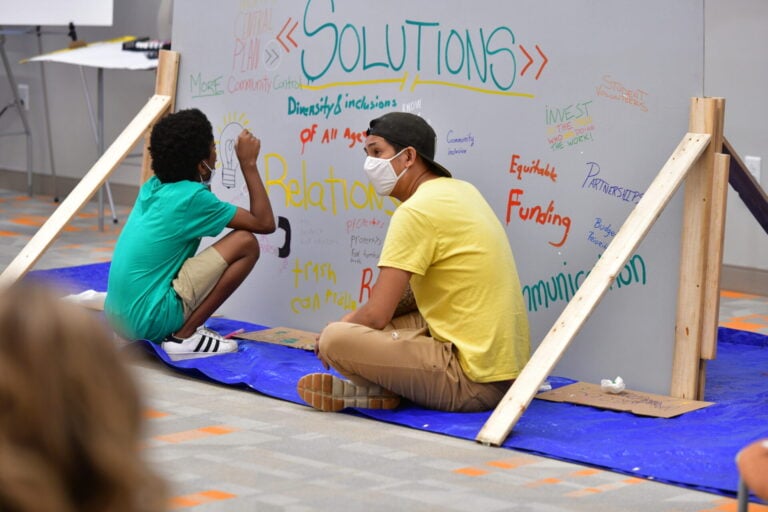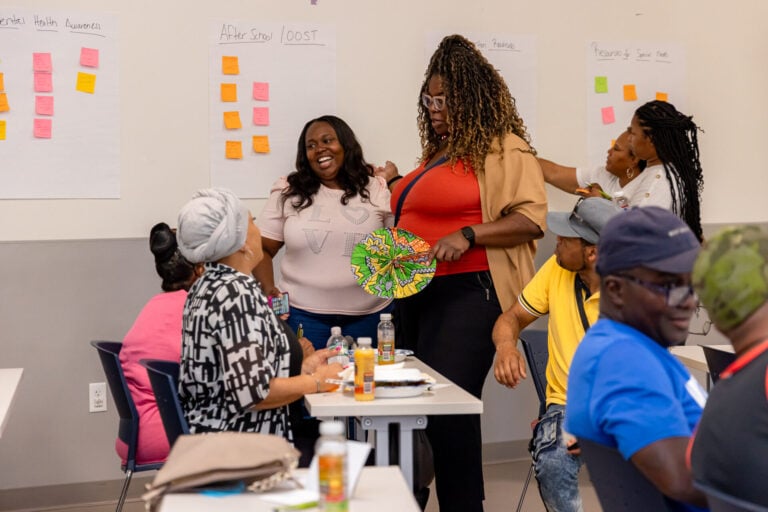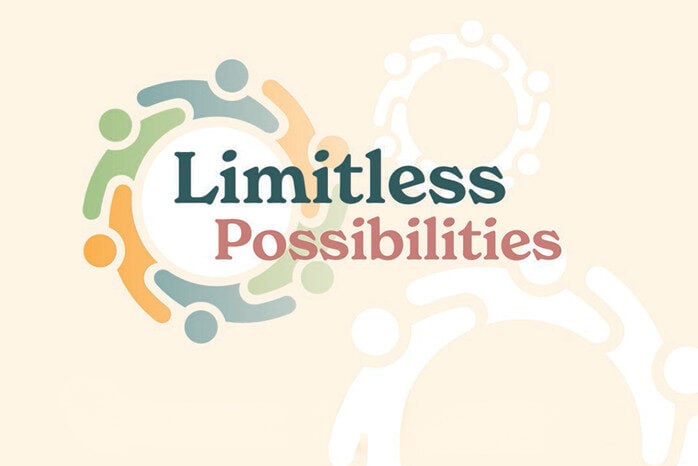A companion piece to Nurse-Family Partnership’s blog below, this five-minute video shows what high-quality, client-focused feedback loops mean to families and nurses working together in Wake County, NC.
Through Nurse-Family Partnership (NFP), nurses partner with first-time moms early in their pregnancy to provide trusted support to help them build the lives they want for themselves and their children. Listening to the families Nurse-Family Partnership serves has always been important to the work, and it’s what NFP nurses naturally do – ask the mothers and families what they need and want.
In recent years, the National Service Office for Nurse-Family Partnership and Child First decided to develop a more formalized system for seeking feedback that both helps the team learn at the national level and gives the local NFP programs their own data from which to learn and implement change. By participating in Fund for Shared Insight’s feedback initiative, Listen4Good, the National Service Office created a client-satisfaction survey that gives clients a voice in the design and implementation of the program, which runs from pregnancy to the toddler stage.
Surveys are sent to clients via text message based on an automated algorithm in either Spanish or English (whichever the nurse identifies as the client’s preferred language). Providing an option for Spanish-speaking clients to respond to the survey in their preferred language has increased participation, providing NFP with critical feedback from more clients.
Analyzing the relationship between feedback and program outcomes for families complements NFP’s ongoing work to incorporate inclusion, diversity, equity, and anti-oppression principles into all aspects of the program.
The survey includes multiple choice, scaled, and open-ended questions to assess clients’ experiences with their nurses and the NFP program. It also includes the Net Promoter Score question, which is used to assess clients’ likelihood of recommending the NFP program to friends or family members. The question that NFP local programs find most helpful is “What could NFP do better?” Asking this open-ended question collects input that can directly lead to program improvements.
After clients complete a survey, they receive an automatic thank-you message, along with a $10 gift card, also distributed automatically via email.
A 2019 research grant from Fund for Shared Insight funded additional analysis on the relationship between feedback and program outcomes for families. This analysis complements NFP’s ongoing work to incorporate inclusion, diversity, equity, and anti-oppression principles into all aspects of the program.
To ensure that clients of all racial/ethnic backgrounds experience high levels of program satisfaction and ample opportunities to provide feedback, the National Service Office worked with We All Count, which helps organizations use and analyze data in ways that promote equity. We All Count helped the National Service Office better understand the limitations of using race/ethnicity as a proxy for experiences of racism. This insight resulted in updating the client-satisfaction survey to include questions that measure clients’ experiences with discrimination and social isolation. NFP’s final data analysis, scheduled for early 2023, will also examine whether clients’ experience or satisfaction with the NFP program is impacted by matching clients to nurses with the same racial and ethnic identity.
To date, client satisfaction measures are high overall across all client population groups, but Black/African American clients have slightly lower satisfaction scores when compared with clients of other racial and ethnic subgroups. White clients also experience lower rates of social isolation when compared with clients from other race and ethnic groups. Social isolation is a significant issue for many NFP clients with one-third to one-half of all respondents expressing that besides their NFP nurse, they have only one or fewer people whom they can reach out to when they need to find a job, talk about a problem, borrow money, or be cared for when ill.
As the National Service Office and local NFP programs continue to monitor differences in survey responses by NFP clients’ race/ethnicity, the National Service Office will soon introduce a Cultural Consciousness Pathway meant to ensure that NFP nurses, regardless of their background, have the knowledge and skills to serve all NFP clients without bias. Client satisfaction will be one mechanism for assessing the impact of the Cultural Consciousness Pathway. The National Service Office will be incorporating questions about the opportunity into internal evaluations to assess its impact.
NFP’s nurses can monitor and address client feedback using real-time data to celebrate successes and identify and address areas for improvement.
After the National Service Office piloted its new survey system and improved the process, it provided local NFP network partners with direct access to client feedback. Through online and email dashboards, nurse supervisors can monitor and address client feedback using real-time data to celebrate successes and identify and address areas for improvement.
For example, an NFP program in Wake County, North Carolina learned through surveys that while clients were generally satisfied with program delivery via telehealth during the pandemic, clients missed in-person visits by their nurse. In response, nurses dropped off welcome packages to clients at home to add in-person interaction during the pandemic.
By sharing lessons learned through client feedback at the national level, the National Service Office can enhance the NFP program nationwide. The National Service Office periodically sends a text message to all clients who have been invited to complete surveys with a link to a website in both English and Spanish that shares how we’ve enhanced the program through client feedback. “You spoke. We listened” is the website’s headline, reflecting a guiding principle of NFP that clients are the experts of their own lives. And our feedback program ensures that their voices are heard.
About the authors:

Alexa Cares

Ashley Stoneburner
This post is part of a series highlighting the work of Fund for Shared Insight’s 2019 feedback research grantees exploring the relationship between feedback and participant outcomes at customer-facing, direct-service nonprofits. We believe this research is the first of its kind in the United States and builds the case for the importance of including participant voice in program planning, execution, and evaluation.
Most of the work has now concluded, and in a recent blog post about feedback research for AEA365, our research manager, Penelope Huang, summarizes the projects and their findings, providing a good introduction to this series. which will include the Boys and Girls Clubs of the Peninsula, Center for Employment Opportunities, Nurse-Family Partnership, Pace Center for Girls, and YouthTruth.






